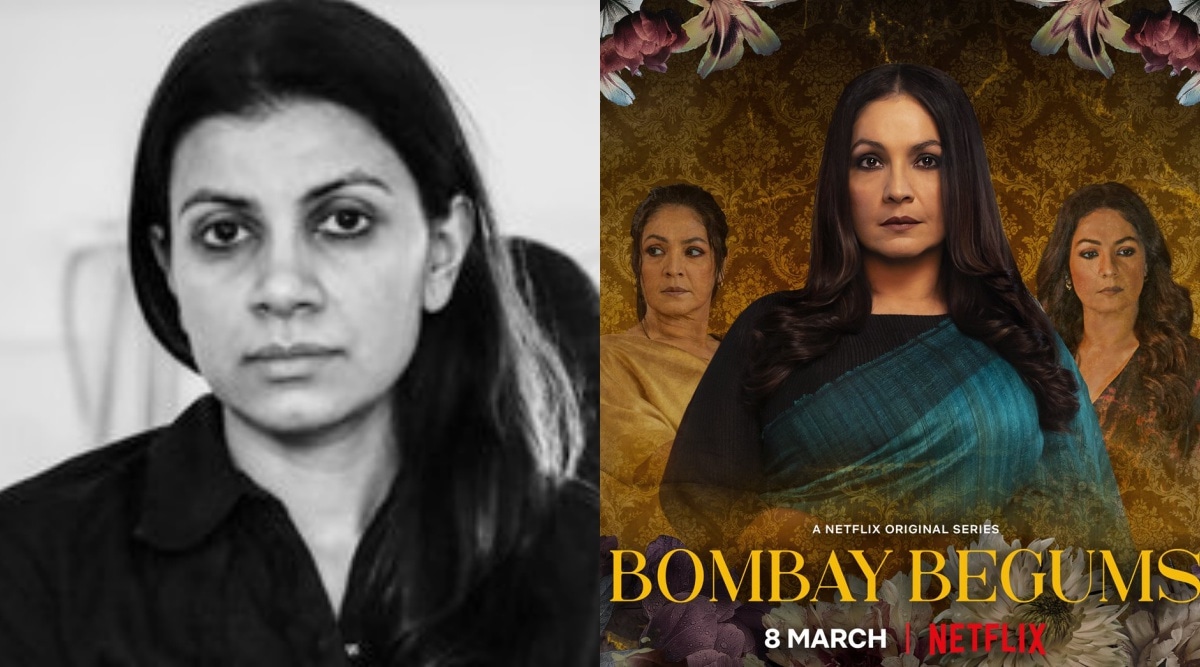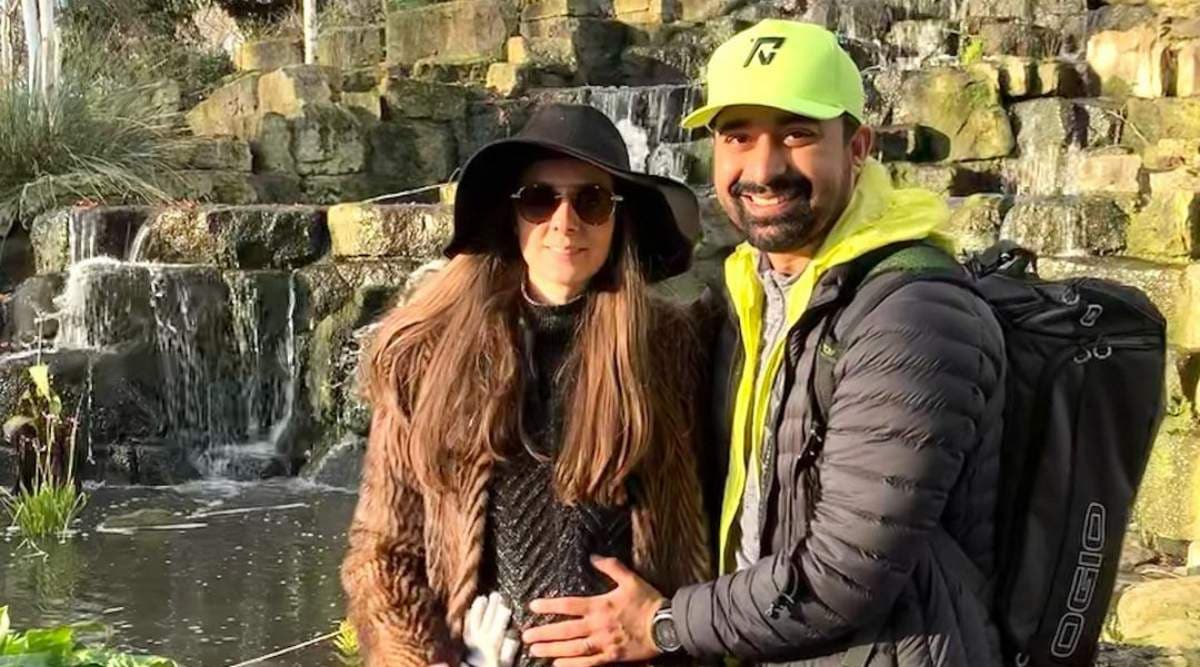I don’t like judging any of my characters: Alankrita Shrivastava on Bombay Begums
Director Alankrita Shrivastava, who has excelled at capturing the female gaze with her films, says she can never write men who are heroes as she tries to present her characters with all their flaws. With movies like Turning 30, Lipstick Under My Burkha and Dolly Kitty Aur Woh Chamakte Sitare, Shrivastava has broken away from the Hindi cinema’s typical slotting of women into either perfect beings or vamps.
“I think people are different and I just try to make them real. It just depends, sometimes they are wonderful, and sometimes they are not. But I can’t make heroes out of them. I don’t even make heroes out of my female characters, so I definitely won’t do that to the male characters,” Shrivastava told PTI in an interview.
Besides tackling themes of liberation, freedom, and serious issues like marital rape and abuse, Shrivastava has presented women who openly pursue their ambitions and desires and in the course, break the shackles placed on them by men in their lives.
The director, whose latest series Bombay Begums on Netflix delves into the lives of five women from different sections of society, who all want different things in life, is aware of the critics who believe she presents men in a negative light. But the director said she tries to write her characters as honestly as possible.
“Sometimes, people feel that I write male characters who are very negative. But I try to write them from the experiences that people have had. To be honest, I don’t like judging any of my characters… I believe human beings are complex and everyone has many facets,” Shrivastava said.
The filmmaker said that the men in her stories appear as per the experiences of the women characters and what role they play in their lives. “In all my films, starting from Turning 30, the men appear only as how the female characters experience them. We’re not really following the journeys of those male characters. These characters exist in relation to the female characters. So it depends really on what’s going on in that character’s life. There are some male characters who may be supportive, some may be in conflict and some may be betraying those characters. So that’s really only how we see them.”
The show, which features an ensemble cast of Pooja Bhatt, Shahana Goswami, Amruta Subhash, Plabita Borthakur, and Aadhya Anand, delves into the lives of five women from different sections of society.
A common theme that the show has tried to explore is the physical struggles of its women. There’s a 12-year-old Shai (Anand) who’s attaining puberty, and on the other hand, Bhatt plays 49-year-old Rani on the advent of menopause.
Then there’s Fatima who is facing constant pressure from her husband to conceive a child despite the fact that her body is displaying signs that it is not possible.
“I like to look at characters from a holistic point of view, especially like the primary characters. I believe that for a woman, her body is always a part of her life on a daily basis. We get periods because women are the ones who bear children. So I feel like there’s always something going on with a woman’s body at whatever age she is. It’s like a constant theme in her life. It’s something that we all have dealt with in different ways.”
Shrivastava said a deep dive into the lives of her lead characters couldn’t have been possible for her without examining their physical struggles. “Each character has a specific struggle and relationship with their bodies that is explored as a subtext in the show. Visually, one can see it through Shai’s drawings. They tell something about a woman and provide a more candid lens as to what women’s bodies should look like.”
Patriarchy is another theme that is common across all of her work.
The filmmaker said the idea that women should exist to serve men has been deeply ingrained in women.
“The idea that women feel like that their greatest duty is to serve the men in their lives, starting with respecting the father, then brother, then husband and then it’s the son. It’s always about putting the man in your life ahead of you. So I think that internalised the idea.”
Boss women doing boss things.
Follow them on their journeys as they navigate through life, love and loss to own their ambitions! Someone give them all a crown ASAP.Bombay Begums is coming to Netflix this Monday and we cannot wait for you to watch it!#AbMenuMeinSabNew pic.twitter.com/hqARH4KrzB
— Alankrita Shrivastava (@alankrita601) March 3, 2021
Women are also told to constantly compete with each other, which prevents them from becoming allies, Shrivastava added.
“I think we all are definitely at different stages of trying to unlearn and see the world differently because there is so much conditioning. When a woman enters a room, she might not feel like she owns the room in the same way a man may feel.
“In many ways, my characters are actually going through that process of putting themselves at the centre of their own lives and not feeling guilty about it.”
Last week, the government unveiled guidelines for OTT (over-the-top) platforms as per which a ”code of ethics” and three-tier grievance redressal mechanism would be applicable for platforms such as Netflix, Amazon Prime Video and Disney+ Hotstar, news publishers and digital media.
When asked if the new government guidelines would somehow affect the creative freedom provided by OTT platforms to content creators, Shrivastava said people will find a way to tell their story. As artists, we must have faith in the fact that humanity cannot survive without stories. We will tell our stories somehow or the other,” she added.
Bombay Begums, a six-episode series, premieres on Netflix on March 8, International Women’s Day.


